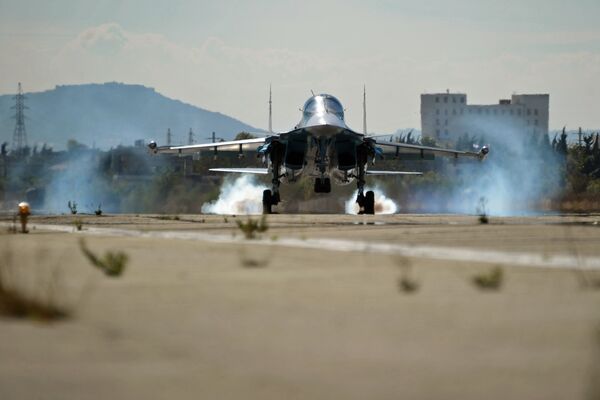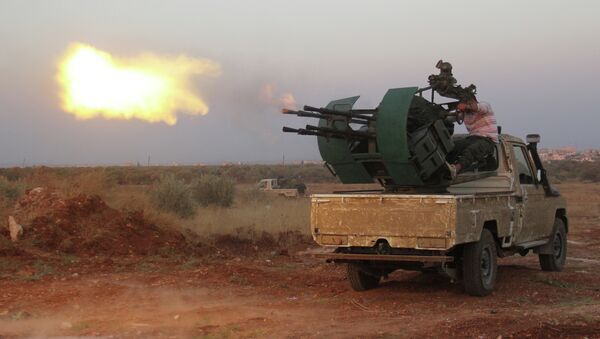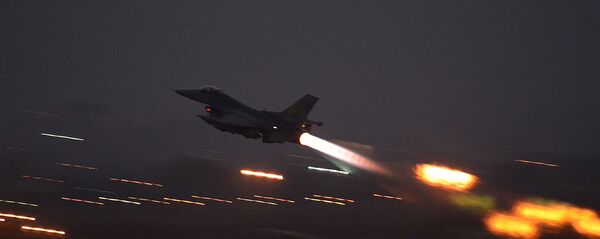"Although Turkey's shared border with Syria and Qatar's deep pockets provide the two nations much potential to prolong insurgencies against the Syrian Arab Army (SAA) and its allies, it appears unrealistic to imagine Ankara and Doha achieving their objective of toppling the Syrian regime through their current strategies," they noted.
Despite support that regional donors provide to ISIL, al-Nusra Front and the like, they have been unable to match Damascus-led forces. The Syrian Army, according to the experts, remains the most potent force in the country and this state of affairs is unlikely to change under current conditions.
"Indeed, Ankara and Doha's roles in the conflict have been dwarfed by Russia, Iran and Hezbollah's military intervention against the regime's enemies," the experts observed.

"By sponsoring Sunni Islamist causes in Egypt, Gaza, Libya, Syria and Tunisia, Ankara and Doha came under harsh condemnation from other powers in the region. Many quickly accused Turkey and Qatar of stoking sectarian unrest and promoting extremism," Cafiero and Wagner added.
Since Turkey and Qatar's strategy in Syria has failed, both countries should opt for a more realistic foreign policy in Syria, the analysts maintain.
"Rather than devoting such substantial resources to arming jihadist militias in Syria, the region could benefit a great deal from Ankara and Doha channeling their resources toward humanitarian efforts aimed at meeting the basic needs of the conflict's innocent victims, while working with the international community to pursue a diplomatic settlement to the conflict and enhancing their own soft power in the process," Cafiero and Wagner concluded.




